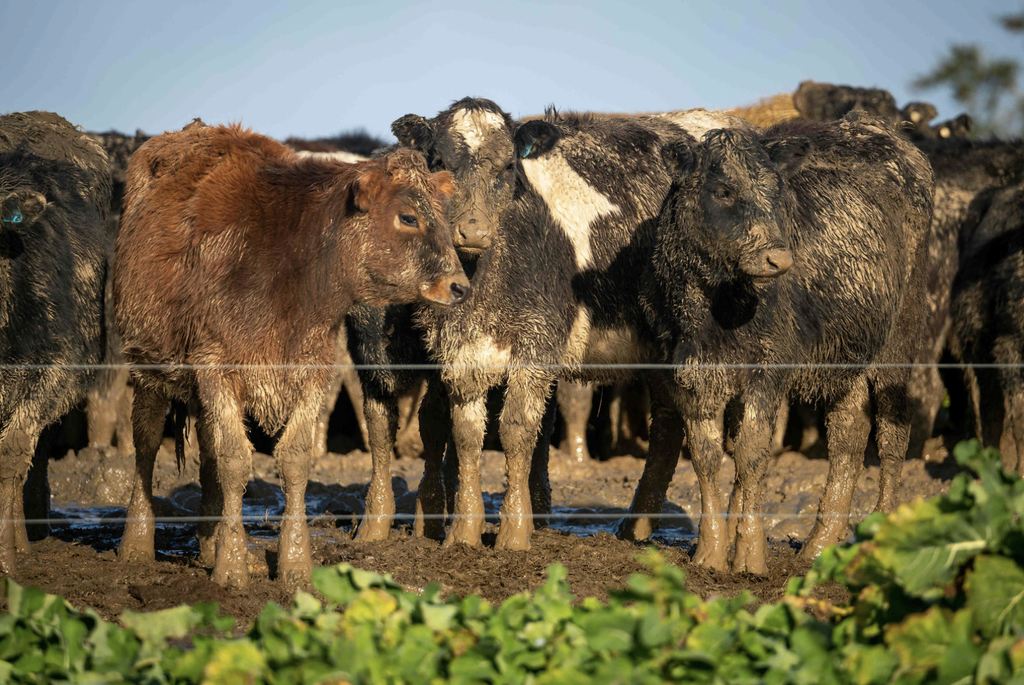It’s pretty obvious that letting cows wander into waterways, collapsing stream banks and defecating in the water is not good for our rivers.
But the most serious freshwater health issue facing NZ’s waterways still involves cows but is much less obvious and there’s no amount of fencing or streamside planting that can deal with it.
It’s cow urine.
Cow urine is full of nitrogen. Nitrogen in small quantities can be taken up by plants and used to grow. But dairy cows urinate, a lot and in the same spot.
The plants receiving this huge load of cow urine from an overstocked, intensive dairy farm can’t use it all up so the nitrogen either runs off into waterways or leaches through the soil and gets into the groundwater.
From the groundwater it either rears its ugly head back in rivers or sinks further down into our precious aquifers, where no plants can use it up and it begins to accumulate.
In recent decades the dairy industry has been expanding and intensifying meaning there are more cows per hectare and more nitrogen rich urine being produced than there has ever been before.
Excessive nutrient pollution of our waterways is called eutrophication. When too much nitrogen gets into a river or a lake it meets up with phosphorous (another by-product of intensive dairying) and together they cause algal blooms.
These excessive algal blooms basically suck oxygen out of the water which destroys the ecological health of the lake or river because other freshwater flora and fauna can’t breathe.
If you then add to the masses of cow urine, some cow faeces, tonnes of chemical nitrogen fertiliser and unhealthy eroded soils you’ve got nitrogen, pathogens and sediments ruining freshwater all over the show.
44% of monitored lakes in New Zealand are eutrophic. They’re essentially dead. And unless we deal with nutrient pollution more of our lakes and rivers will die.
Also, worryingly nitrate levels in our groundwater and aquifers where some of us get our drinking water from, are accumulating and this is posing serious human health risks.
Dairy farming leaches four times as much nitrogen than other pastoral agriculture. And as much as 90% of that nitrogen being leached is from urine.
The simple fact is fencing, streamside planting, and dealing with dairy shed effluent is not going to solve this issue.
The only way to create less nutrient pollution is to have fewer dairy cows.
But right, now there are proposals for industrial scale irrigation schemes like the Ruataniwha dam and Central Plains Water which will expand industrial dairy farming.
And what’s worse is that the pollution of our rivers through these schemes is being paid for by you and me.

Call on the Government to halve the dairy herd to reduce the impacts on freshwater, biodiversity, climate and people’s health.
